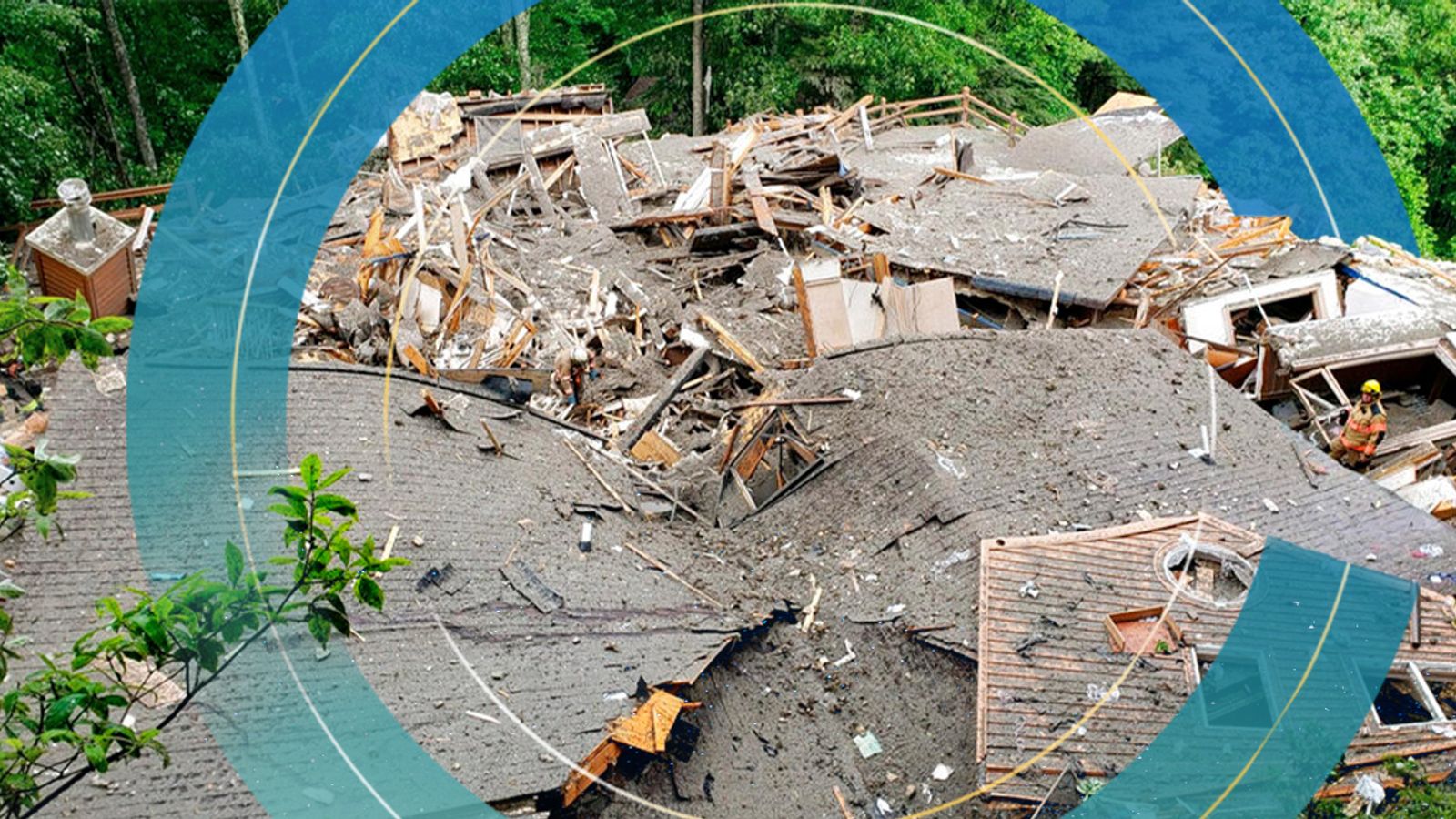The North Atlantic tropical cyclone season is creeping forward by five days per decade as the ocean warms, and becoming more dangerous to people, a new study has warned.
The date that the first named storm strikes land in the United States each season, such as Alison that killed 41 people in June 2001, has now moved forward some three weeks since 1900, a peer-reviewed paper suggests.
Early- and pre-season cyclones are particularly dangerous because they develop in waters like the Gulf of Mexico that lie near heavily populated areas, unleashing catastrophic flooding and winds on Florida’s Miami or Wilmington in North Carolina, or lashing inland Atlanta, Georgia, with rain.
“It matters,” said lead author Ryan Truchelut, because in the early season “the public is not primed to respond to [early season] watches and warnings… they’re not prepared to react if they receive an emergency alert [or] flash flood warning that requires action to save lives and property.”
Hurricane season is designated from 1 June to the end of November, but the paper “supports” bringing the operational Atlantic hurricane season forward to include parts of May.
“And it’s not just theoretical,” said Mr Truchelut, chief meteorologist at Florida-based WeatherTiger, because many of those storms wreak damage and kill.
In May 2018 Storm Alberto killed 8 in the US and inflicted $125 million (£103m) worth of damage, while the cost of Storm Alison ran into the billions.
Hurricane Agatha: At least 11 killed in flooding and mudslides in Mexico
Hurricane Ida: ‘Life-altering’ storm to hit New Orleans, Louisiana, on Hurricane Katrina’s 16th anniversary
Flooding and power outages expected in New England as Hurricane Henri downgraded to tropical storm
Although storms are striking earlier, the season still peaks in September and winds down in November, although the combined power of all the storms has not changed.
Mr Truchelut said people “underestimate” the threat from extreme rainfall and flash flooding, which cause about 30% of all deaths from tropical storms and hurricanes.
The earlier start to the season is “primarily driven by warming ocean temperatures in the western Atlantic basin,” according to the paper, published today in Nature Communications.
United Nations IPCC scientists say climate breakdown caused by human activity is warming those waters and is set to continue.
Watch the Daily Climate Show at 3.30pm Monday to Friday, and The Climate Show with Tom Heap on Saturday and Sunday at 3.30pm and 7.30pm.
All on Sky News, on the Sky News website and app, on YouTube and Twitter.
The show investigates how global warming is changing our landscape and highlights solutions to the crisis.







